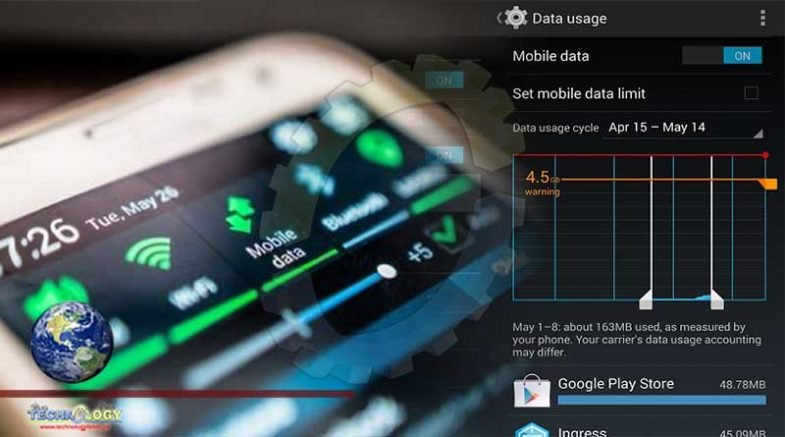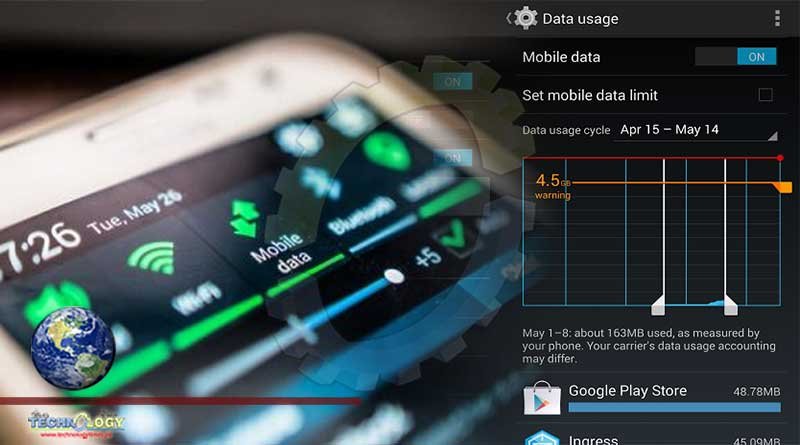While mobile data plan usually cap the amount of data between 20 and 100 gigabytes per month, beware of certain uses, such as video streaming.

Watching videos all day long on your smartphone is the best way to drain your mobile data plan.
Scrolling through your email messages or watching a show on Netflix does not require the same amount of data being downloaded. While mobile phone plans usually cap the amount of data between 20 and 100 gigabytes per month, beware of certain uses, such as video streaming, which can drain your mobile data in no time.
Unsurprisingly, video platforms are the biggest data consumers. While they are unlimited via a fixed connection, and thus perfect for binge watching sessions on your TV, you need to be more careful when using your smartphone or tablet if you want to save your mobile data. Indeed, an hour spent on Netflix (or Amazon Prime Video, or Apple TV+) in low resolution (SD) will use roughly 1 GB of data, but it can amount to 3 GB in high definition (HD) or even 7 GB in very high definition (4K). Hence watching “Titanic” in 4K on your smartphone could very well drain your entire data plan.
YouTube uses a bit less data, however, you will still need to moderate your views on a mobile device. An hour uses roughly 500 megabytes of data, but this figure can double if you are watching HD videos.
The most sought-after applications on mobile devices are social media apps. Between videos, photos and your newsfeed, an hour spent on Facebook can cost you between 100 and 150 MB of data. Streaming music, via Spotify for instance, uses as much data as social media, so beware.
The trickiest to quantify are video games because their data use depends upon different criteria, such as display quality, number of simultaneous players, frames per second or casual game, among others. The most demanding gamers will use as much as several hundreds of MB per hour.
In order to keep track of your data use, mobile phone companies usually offer ways to follow it up, thanks to dedicated applications.
Originally published at inquirer.net
